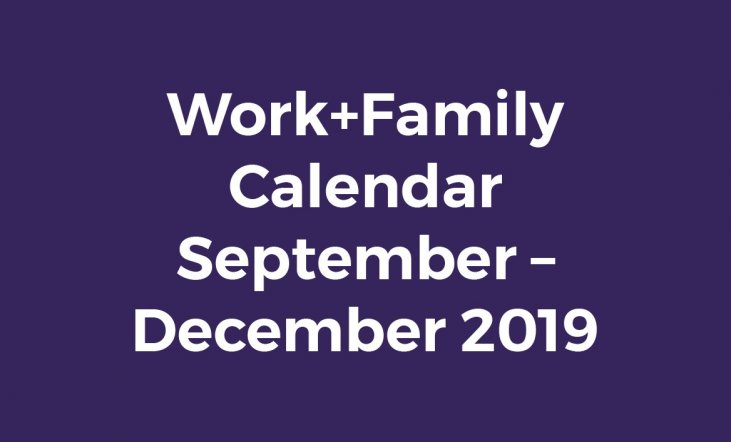Newsletter Sign Up
Regular work+family updates for
HR and diversity professionals.
My Family Care asks Chip: In the high tech world we live in, why is storytelling and reading important for all ages? And how do we get more families away from the TV, computer and hand held devices?
Who needs storytelling anymore?
As chair of the Society for Storytelling, a charity for the art of oral storytelling, I could be seen as a custodian of nostalgia.
Sitting on the side of your child's bed and making up your own adventure seems outdated when placed alongside technological innovation from the last century. Hardly attractive to a modern society used to cinematic TV serials, addictive apps, and mobile devices that can deliver all the knowledge known to mankind into any hand with decent reception.
But on the other hand... you can't get away from the word! Best-selling authors are proclaimed as "great storytellers". Marketing agencies constantly advise businesses to "tell a story" with their advertising. Computer games receive the highest praise from critics and consumers when they contain "an immersive plot". And of course, schools have started pushing children to tell stories orally before writing them down, since this has been discovered to help them develop and remember their stories, without the added fear brought on by having to write by hand, remember words or be corrected on your grammar.
We owe our lives to storytelling
It's hardly surprising that storytelling underlies so many key social interactions, in education, business and leisure. The earliest stories were recorded on cave walls 40,000 years ago. While their exact purpose is disputed, the theme seems to be "potential food sources". Mankind evolved beyond all other species when it added a new dimension to the basic "fight or flight" principle: preparation. And by communicating plans to future generations, our race began its amazing ability to adapt. Without it, we may have gone the way of the Neanderthals.
Storytelling has always been essential to human progress. Histories help us learn from our mistakes. We like to know the biographies of famous scientists so we gain a better grasp of their theories. And relationships blossom as lovers share their favourite moments with each other whilst observing their partner's reactions.
Clearly this is an important art form. So should we be worried about it being smothered by modern technology?
A curse and a blessing
You can't dispute the creativity behind today's blockbuster films, games, or children's TV shows. But, while we sit in front of a screen, all we're doing is soaking up someone else's imagination. We're not getting the chance to exercise our own. Since the imagination is the root of attributes such as invention, ambition and adaptability, it's no wonder we hear fears about how society is increasingly lazy.
Nevertheless, experience is the fuel of the imagination. You can't make up a story about a lion until you know what a lion is - or can at least construct your own impression from other concepts you know like "big cat", "furry" and "head". Similarly, Satnav may not have been invented without an amalgamation of ideas including maps, rockets, and Star Trek (GPS entered development four years after the Original Series aired its final show, although the Enterprise often use remote location finding to pinpoint its crew).
So in fact, modern technology increases our opportunities to fuel our imaginations. Sadly, though, a great many of us still lack one essential experience: how to use the imagination.
Open your mind's eyes
This is where storytelling comes in. When hearing a story, you're not really focusing on the narrator. Instead, you conjure imagery within your mind's eye. What's more, that imagery will be tailored to you. I might tell you a story about Goldilocks, but the face you put to that name will be different to the one I see. You will have pieced that face together from your experience of faces, and so will be directly exercising your imagination.
That's why it's still important today - and works best alongside our technology, rather than in opposition to it.
Even just making up your own sequel to the latest animated cinema release, as you perch on the side of your child's bed, is helping them use their experiences in a way over which they have complete control. The mind's eye of visual learners will focus on the visual; tactile learners may imagine they are holding hands with their heroes; and so on.
Any which way, they will be developing a vital asset that has kept our race alive for over 40,000 years.
Chip Colquhoun, Chair, Society for Storytelling












